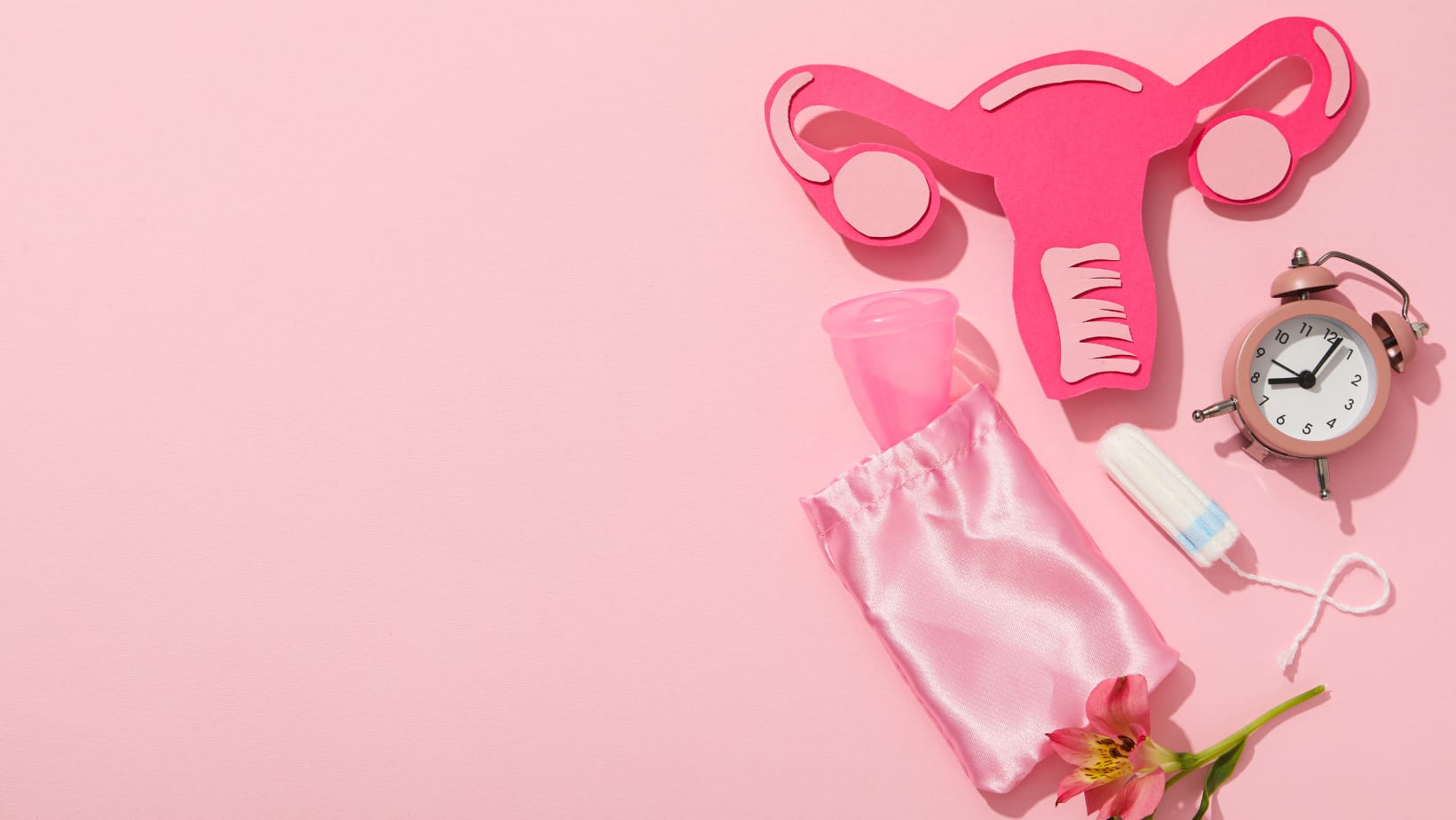Sex and your cycle: the follicular phase

Everything in life is cyclical: the seasons, planetary orbits around the sun, the moon as it waxes and wanes, and—you know it—your menstrual cycle.

The menstrual cycle consists of 4 phases (some of them overlapping): the menstruation phase, the follicular phase, ovulation, and the luteal phase—all of which have an impact on your sex life.
Understanding how these natural phases influence your experience of desire, pleasure, and fertility can strengthen your connection with and understanding of your body throughout the peaks and valleys of your cycle.
Here, we break down everything you need to know about phase two: your follicular phase.
Understanding the follicular phase
Your period, which typically lasts from days 1-5 of a (roughly) 28-day cycle marks the beginning of your follicular phase.
Often the longest part of your menstrual cycle, the follicular phase begins on the first day of your period and ends with ovulation, lasting roughly 16 days total (more than half of your cycle). That being said, it can actually last anywhere from 11 to 27 days depending on what’s normal for you.
The main purpose of the follicular phase is to help you release an egg (that biological imperative, baby).
The follicular phase and your hormones
The follicular phase begins when your body’s hormone control center, the hypothalamus—a structure deep within your brain—signals to the pituitary gland located at the base of your brain that it’s time to release follicle-stimulating hormone (FSH). FSH stimulates your ovaries to produce 5 to 20 tiny pods—each one containing an immature egg. These pods are known as follicles, and throughout the follicular phase, they grow.

At a certain point, one of the follicles becomes dominant while the others are reabsorbed into your body. The surviving follicle with the ripening egg raises your estrogen levels, which, in turn, makes your uterine lining thicken in preparation for a potential pregnancy. At this point, FSH levels start to drop, while another pituitary hormone known as luteinizing hormone (LH) starts to surge. The increase in LH stops estrogen production and the next phase begins—ovulation.
While every body is different, many people tend to feel happier, more energetic, upbeat, and focused during the follicular phase, along with a slight increase in body temperature. You may feel more social, and less anxious. Some people say it’s the phase where they feel most like themselves. It may also be the phase where you're most likely to get yours (nam sayin’), but we’ll get to that.
Sex and the follicular phase
While each person is different, it's common to experience heightened sexual arousal and desire due to increased levels of estrogen throughout the follicular phase. Even more pointedly, many people experience a higher sex drive right at the end of the follicular phase when there is a surge of LH, and/or at the beginning of ovulation when estrogen is at its peak. This makes sense biologically speaking, because the body’s desire to reproduce is oh-so-real.
This hormonal stage of the menstrual cycle leading up to ovulation can enhance libido, making you more responsive to sexual stimuli. In other words, a kiss might not just be a kiss during this time, as your sexual responses are primed and ready for action. You might also notice increased vaginal lubrication, which can of course is there to improve comfort and heighten your pleasure.
Additionally, some women report feeling more confident, attractive, and sexy during the follicular phase, which can (and does!) positively impact their sexual experiences.
For many, the combination of hormonal changes and psychological factors at play during the follicular phase can lead to more intense and satisfying sexual experiences—so make room.
The follicular phase & fertility
If you have a follicular phase that’s longer than average, it means that—for any number of possible reasons (ie hormonal birth control or vitamin D deficiency)—it takes your body longer to ovulate. That being said, those with a long follicular phase are just as likely to conceive as those with a “normal” follicular phase.

Having a shorter than average follicular phase can impact your ability to conceive, though. It could be a sign that you’re experiencing symptoms of perimenopause—in other words, getting closer to menopause. The follicular phase can start to get shorter as early as your late 30s. Note: while you may be less likely to get pregnant during perimenopause, it still does happen all the time, so if it’s still in your plans, take heart. And if it’s not, don’t stop taking precautions!
Bottom line: whether baby-making is in your eventual life plan or not, coming to a meaningful understanding of the fluctuations in your menstrual cycle can be a major game-changer. Building an intimate and intricate understanding of your body’s inner workings isn’t just the first step to becoming a vitally empowered sex goddess; it’s also an integral component of health and wellbeing.
<3